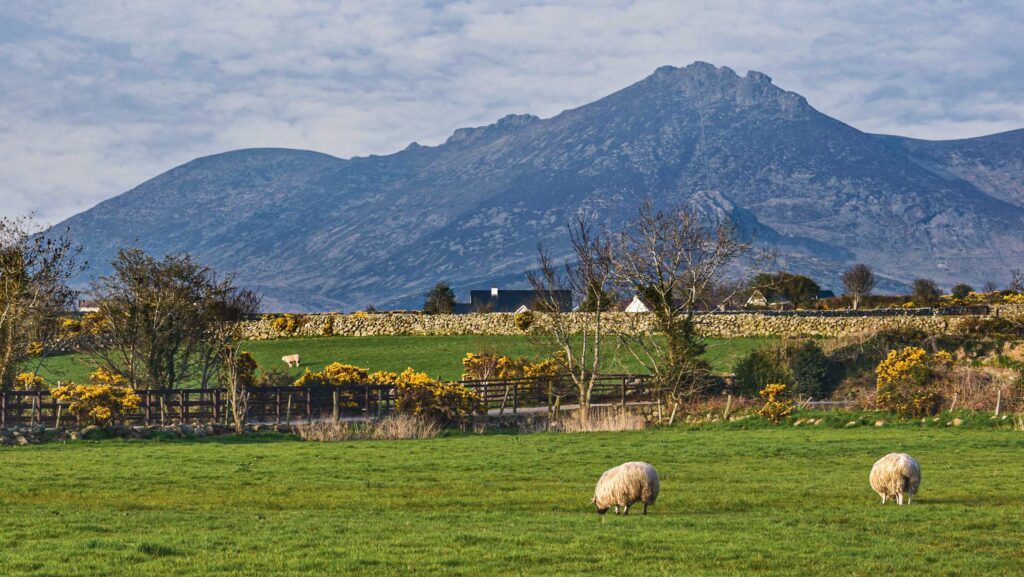Illegal livestock imports put NI at risk of bluetongue
 © Adobe Stock
© Adobe Stock Livestock imports entering Northern Ireland from Great Britain are putting the country at risk of bluetongue, according to the Ulster Farmers’ Union (UFU).
Northern Ireland has been free of bluetongue for several years, meanwhile more than 170 cases of the disease have been confirmed in England since mid-August, along with a couple of cases in Wales.
Imports were suspended following the initial outbreak of bluetongue in November 2023 and it is currently illegal to transport livestock from GB to NI.
See also: Bluetongue zone extended plus further cases outside the zone
However, there have been reports of some animals still being transported regardless, which could potentially lead to the disease spreading to the NI livestock sector.
More than 60 ewes, originally from Scotland, were culled by Department of Agriculture Environment and Rural Affairs (Daera) in November due to the risk of bluetongue, after being smuggled across the Irish Sea.
UFU president William Irvine said: “We are appalled by the actions of some within the farming community.
“Despite numerous warnings about the threat bluetongue poses and with imports still suspended from Britain to NI to protect our industry, some have acted illegally and immorally by attempting to smuggle animals into the region.
“I cannot stress enough how dangerous this is for our livestock sector.
“To date, we have managed to avoid the transmission of bluetongue by intensifying our biosecurity, but this type of behaviour has the potential to undo all our good work and makes us extremely vulnerable.”
He added that if bluetongue was confirmed within NI, it would lead to trade being halted with Britain and Europe for at least two years, causing severe financial and genetic problems within flocks and herds.
Illegal imports also open up the risk of other highly infectious diseases being transmitted such as maedi visna (MV).
Mr Irvine concluded: “If bluetongue or MV enters a herd, it compromises our health status and animal welfare, and the financial implications for a farm family are devastating, especially at this time of year.”
